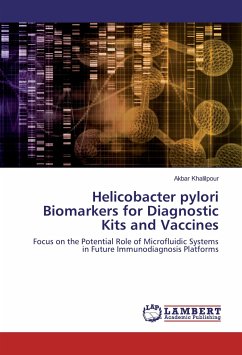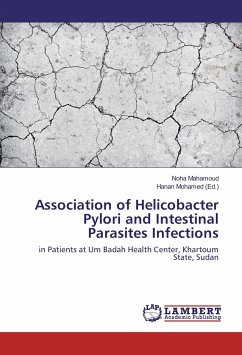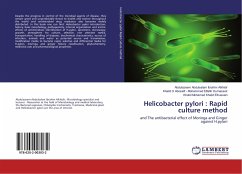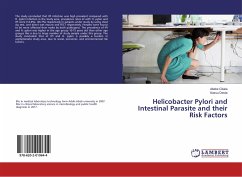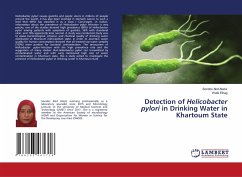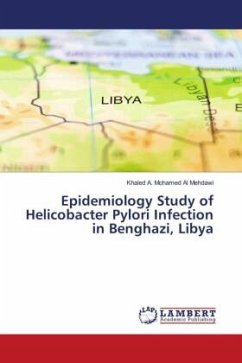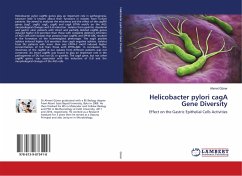Helicobacter pylori is responsible for worldwide chronic bacterial infection in humans affecting approximately half of the world's population. H. pylori is also classified as class I carcinogen by the World Health Organization (WHO). There is a wide spectrum of clinical consequences by H. pylori, ranging from gastric cancer to ulceration of the gastrointestinal tract. The pathogenicity of the infection depends on the strain virulence, host susceptibility and environmental co-factors. During the process of H. pylori infection, the antigens secreted from the bacterium elicit strong humoral immune responses which may serve as prospective infection biomarkers. The infection has both direct and indirect impact on economic and overall well-being of patients; hence, there is a great need for diagnostic markers that could be used in the development of diagnostic kits and vaccines.

